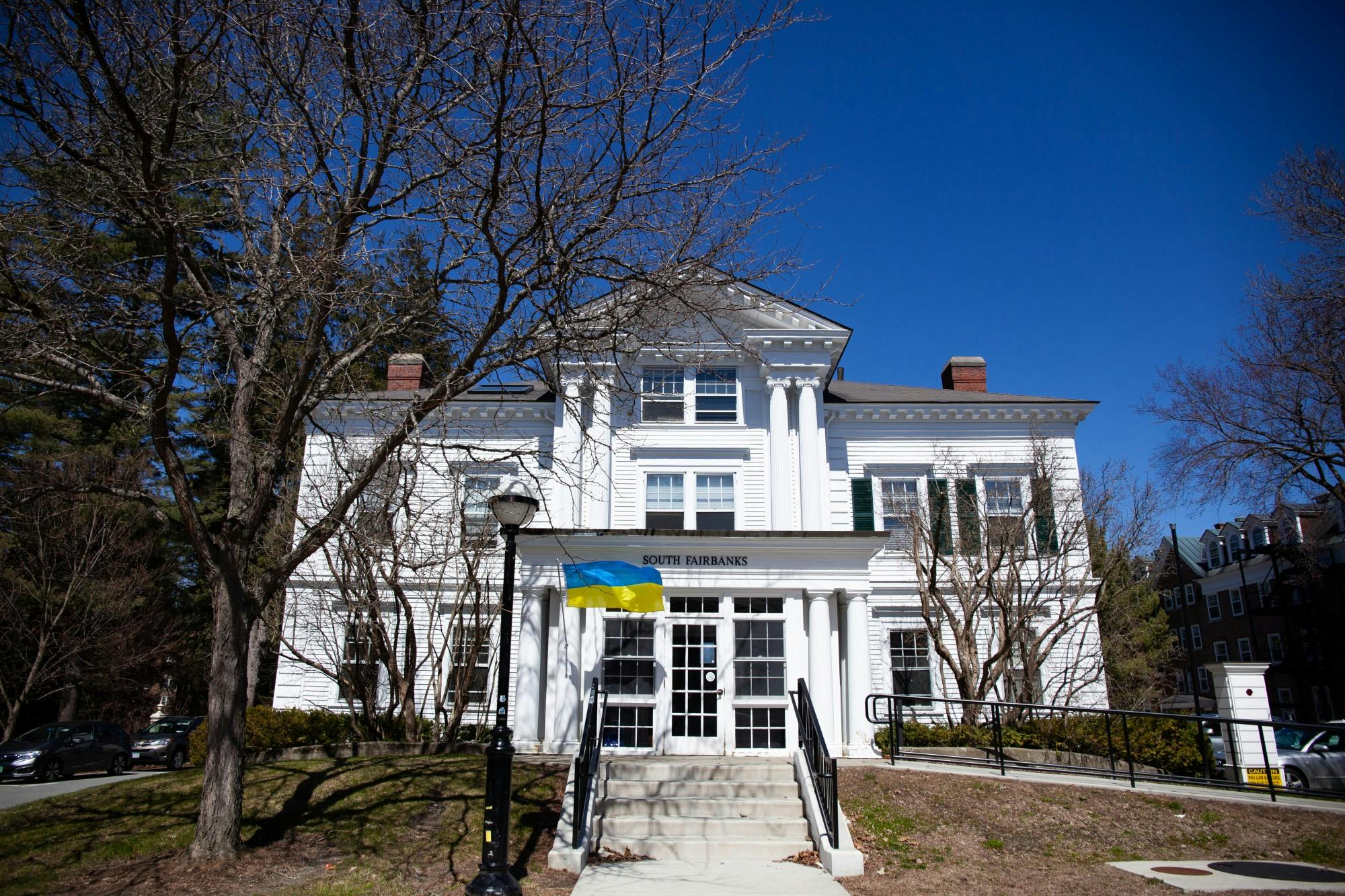This year, April 2 marked the start of Ramadan, the ninth and holiest month of the Islamic calendar. Muslim students on campus have been observing Ramadan together, working closely with Dartmouth Dining Services to accommodate the holiday’s daily fast.
According to Al-Nur Muslim Student Organization board member Yusuf Ebrahim Med’22, who is a medical student at Geisel School of Medicine, some Muslims fast from before dawn until after sunset for the entire thirty days of Ramadan. This includes abstaining from eating, drinking and certain habits such as lying, smoking and sexual activity. Along with individual prayer and reading of the Qur’an, Islam’s central holy book, Ramadan is a highly social time. Muslim families typically wake up before dawn for an early meal called suhur, and communities often gather after sunset for iftar, or the “breaking of the fast.”
Aleemah Williams ’24 described the month-long holiday as a “spiritual reset.”
“It is about re-establishing your connection with God and putting yourself in a peaceful state,” she said.
Williams said that at home, Ramadan often involves spending time with family and engaging in community activities like volunteering. On campus, she said the goal between Dartmouth students who observe the holiday has been to establish connection through communal prayers and meals “so you don’t feel like you are alone during the biggest holiday in our calendar.”
Both Williams and Ebrahim noted challenges in observing Ramadan. Ebrahim said that his busy schedule as a medical student is complicated by the addition of having to wake up before dawn to eat. Williams noted that student-athletes who fast can face additional challenges in balancing their “commitment to academics, faith and athletics.”
Williams also said that Muslim students observing Ramadan will often utilize the religious observance clause in course syllabi during the holiday to secure extensions on papers or midterm exams.
Ebrahim added that Al-Nur has a selection of community events for Muslim students celebrating Ramadan. According to Ebrahim, a group of students gather each evening for a daily prayer and to break the fast.
“We have a sense of community,” Ebrahim said. “There’s a weekly study circle with members of the community, and we’re also planning to have a weekly potluck [to break the fast] on Saturdays.”
According to director of kosher and halal dining Robert Lester, Dartmouth Dining is working with Al-Nur to make accommodations that help Muslim students meet their dietary needs during Ramadan. He said that Dartmouth Dining has worked to expand their selection of Halal options based on feedback from Muslim students.
For example, he explained, Dartmouth Dining offers Zabiha meat, which is from animals slaughtered in accordance with halal guidelines. Lester added that the Class of 1953 Commons has also begun to serve Medjool dates, which are associated with Ramadan and are commonly eaten when breaking the fast.
According to Lester, he and the members of Al-Nur regularly meet with College chaplain Nancy Vogele ’85 to make sure the students’ dietary needs are being met.
In an emailed statement to The Dartmouth, Vogele wrote that Dartmouth Dining has been “extremely helpful” in accommodating students during Ramadan.
“I meet with Al-Nur leadership on a regular basis to make sure that their needs are being met and that they are supported in practicing their faith,” Vogele said. “It has been a pleasure to get to know [them]. They are very dedicated to one another and supporting each other in their faith.”
Ebrahim said that although he is satisfied with the support he’s received from the College, he feels that the Muslim community at Dartmouth could benefit from a full-time Muslim advisor. Khalil Abdullah, the former advisor, departed in the summer of 2021 to take a similar position at Princeton University, Ebrahim said.
“Pretty much everything is managed by the students right now, with some support from the wider Muslim community,” Ebrahim said. “It would be helpful to have someone who is an advisor as a full-time job and sort of knows the community and is going to stick around.”
Vogele said that the Tucker Center is in the “early stages” of the search for a new Muslim advisor, and that it is “impossible to predict” how long the process might take.
Williams noted that the lack of a Muslim advisor on campus can be “hard,” especially given the small Muslim community on campus.
However, Ebrahim said he was optimistic that this Ramadan marks a turning point for Al-Nur and the Muslim community at Dartmouth after the disruptive effects of COVID-19.
“I think our community had some trouble initially with COVID, particularly with everything being remote and the classes not knowing each other and not having access to rooms for festivities,” he said. “But we’re feeling like we’re really getting back on our feet right now, and we feel like we have a lot of resources for the community.”
Jacob Strier ’23 contributed reporting.




